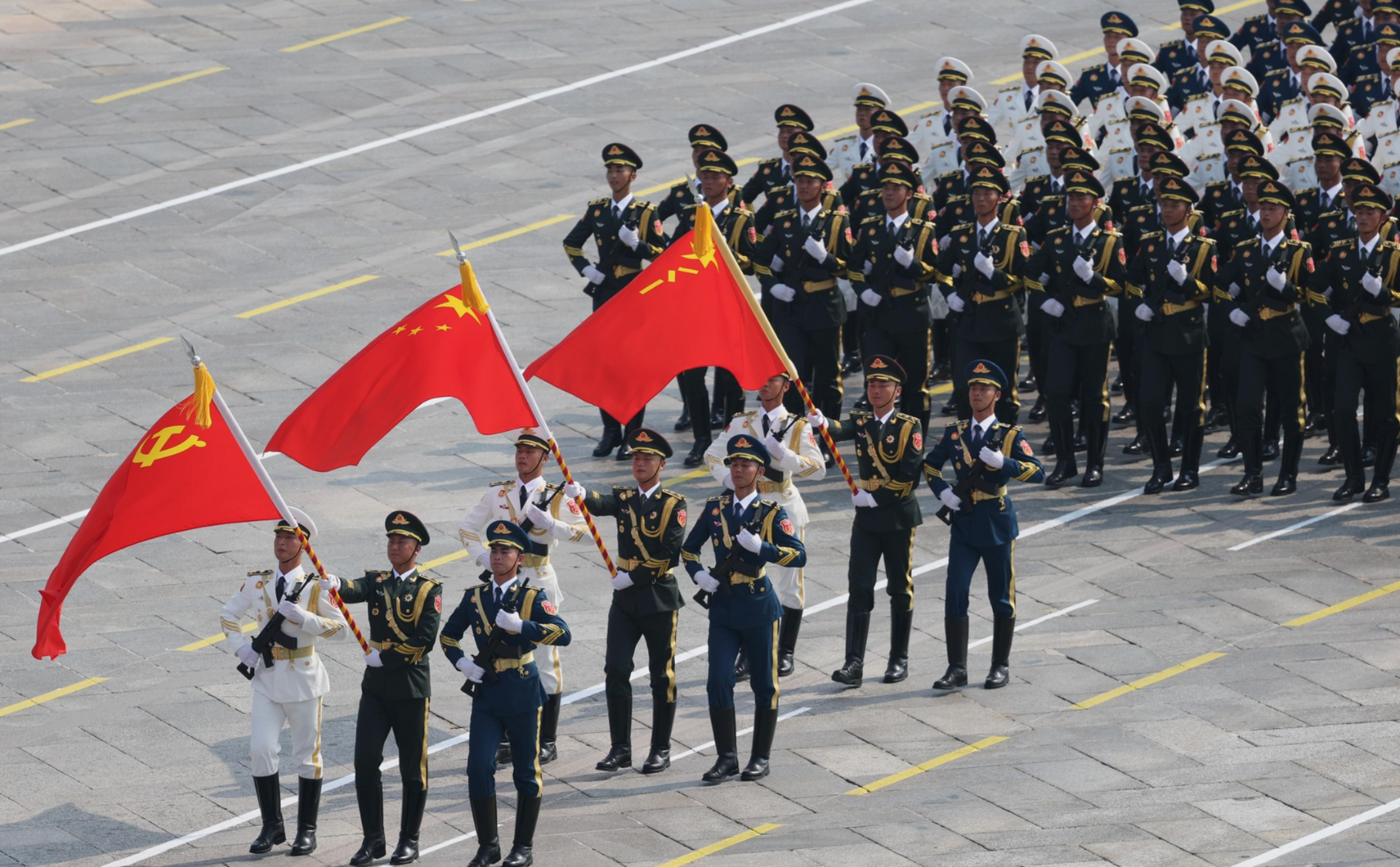Written by Ophelia Yumlembam
Given the Quad’s and the EU’s ongoing efforts to build resilient and diversified critical mineral supply chains, a more proactive and coordinated approach with other like-minded global actors is urgently needed — before China further consolidates its dominance over Myanmar’s REE resources and, by extension, the global REE supply chain.
Read More
















